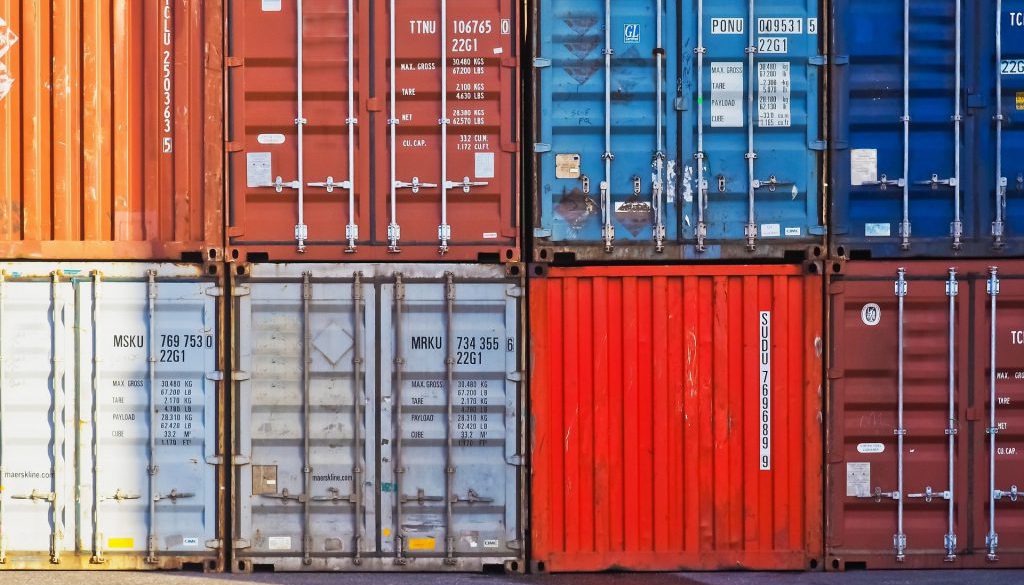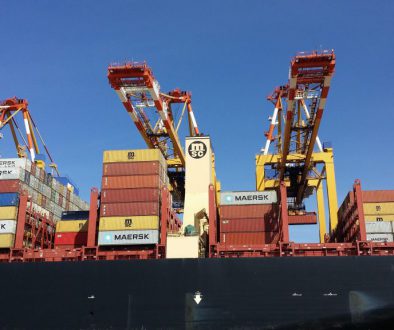Although importing various types of goods or services from abroad to Poland is not a major problem, it is subject to specific regulations that determine additional costs that must be incurred. Imports are connected with the necessity to pay VAT, and often also customs duties or excise duties. What exactly is import? What are the basics for calculating the tax liability on imported goods?
The simplest definition of import can be summed up in one sentence: buying something abroad, then importing and selling later at home. According to EU regulations, import can be defined as purchasing goods or services outside the European Union (for example in China or Canada). Purchases in other EU countries are in turn referred to as intra-community purchases.
Import of goods – customs and tax obligations
When importing goods from outside the European community, it is necessary to pay the appropriate VAT. It also has to be paid when the goods are duty-free. The taxable amount is the customs value of the goods plus customs duty, and if the imported goods are subject to excise duty, then the taxable amount is also included in the tax base.
If the goods are placed under the outward processing procedure then the initial form of taxation is the difference between the customs value and the value of the temporarily exported goods, plus duty. It also includes various types of fees and charges, if the customs authorities are obliged to collect them. Detailed provisions are contained in article 30b. The VAT Act.
There are two billing procedures: general and simplified. In the general procedure, the tax can be settled in one of two accounting periods. The simplified procedure, in turn, allows for settlement as part of the tax return submitted for the period in which the tax obligation for the import of goods arose. Import VAT must be paid within ten days of notification by customs of its amount. Any changes to this date must be sanctioned by the ordinance of the Minister of Finance.
In 2020, to adjust the VAT settlement directly in the tax declaration to all active VAT payers who have made customs clearance due to clearances. However, such taxpayers are prevented from submitting VAT returns every quarter.
The VAT Act also allows for tax exemptions in Chapter 3 of the Act for individual imported goods. These include, among others: gold import by the National Bank of Poland, coins, coins and banknotes, legal payment account, and plasma or human. Statutory law on licensed goods and goods for sale and agricultural products from farms.
Imports of Services – Four Conditions for Recognition
Import of services is a purchase that meets the four conditions specified in the regulations:
- the place of providing the service is the territory of Poland,
- the seat, place of permanent business activity or place of residence of the service provider is outside Poland, regardless of whether the given country is a member of the European Union or not,
- the service recipient has his seat, place of stay or residence in the territory of Poland and is obliged to settle accounts with the Polish tax office,
- the service provider did not settle the tax due for the service in Poland.
It is worth remembering that, within the meaning of the regulations, the recipient may be a natural or legal person, as well as organizational units without legal personality. The regulations also provide for a number of tax exemptions. In the case of services, these include, inter alia, admission to cultural events and transport.
In this case, the tax obligation arises when the service is performed, and if the payment element is an advance payment, this obligation already exists at the time of its payment, i.e. if the buyer pays the advance, he pays VAT immediately, if not, then only after the service has been performed.
The necessity to settle the tax rests with the purchaser of the service. Importantly, entrepreneurs who benefit from VAT exemptions or resign from functioning as VAT payers are not exempt from it. They also have to account for the import tax. On the other hand, those entrepreneurs who are VAT payers are entitled to a tax deduction if the import of the service is related to the taxable activity.
A Polish entrepreneur using imported services is required to issue the so-called internal invoice. It is a document that does not differ in content from a standard invoice, but is necessary for tax settlement. It is not transferred to the contractor, but it is recognized both on the purchasing and purchased side.
Who can be an importer?
According to the definition, the importer of goods and services is the entity or country that makes the import. This means that it can be not only an enterprise or a company that imports goods or services from abroad, but also a natural person who deals with them.
In order to properly settle the invoice, the importer must first convert the amount from the sales document. It is made according to the average exchange rate of a given currency, announced by the National Bank of Poland on the last business day preceding the day the cost is incurred. Later, an internal invoice is issued on this basis, and then it is entered in the register of purchases and sales. These invoices are therefore included in the VAT-7 declaration in the case of monthly settlement or the VAT-7K declaration in the case of quarterly settlement.
Undoubtedly, the simplest form of import is to operate on the intra-Community market, i.e. importing goods from other countries belonging to the European Union. When deciding to import goods or services, it is worth familiarizing yourself with the current regulations in the VAT Act.


